Industry
AI
Client
Insight
How AI is revolutionising Sports Marketing
Have you heard, AI is changing the way us marketers are operating?
If you’re not using it to help engage further with your audience, analyse your data, and optimise your campaigns, you’re doing it wrong. In fact, if you don't have AI in your marketing strategy - you’re too far behind. You may as well try and be a novelty.
There’s a lot more than just helping it to write your emails. Predictive analytics, and, in some cases, mind-blowing content creation - AI in sports marketing is making everything faster, smarter, and more targeted.
AI is changing. It has been changing. It’s always changing. It’s managed to be a buzzword for the last 18 months. It must be doing something right.
Sadly we don’t have the level of AI to do all (said with some hesitation, because some people let it) of the thinking for us. You still should let it help you. Not do everything for you.
That's on the assumption you want it to be original, and your own work. If you don’t mind your work being generalised and non-bespoke. Crack on.
But overall, AI has become a toolkit that everyone can have access to. From writing your emails, to analysing reams of data. It’ll do it quicker than Einstein ever imagined.
In sports marketing specifically, it’s been changing things - a lot. Making things easier for some, but harder for others who get left behind.
Personalised Fan Engagement
Generic ad content and creative - sadly - content doesn’t cut it anymore. Fans, audiences - they all want more. They expect brands to be personal. In multiple ways AI makes that possible:
Chatbots & Virtual Assistants – AI-powered chatbots handle customer queries, recommend content, and even sell merchandise. Teams like Manchester City use AI-driven chatbots to interact with fans instantly.
Dynamic Content – AI adjusts marketing messages in real time - testing creative assets, adapting lines of copy to see what works, retargeting engaged users. If a fan has engaged with player highlights, AI can push similar content through email or social media.
Predictive Analytics – AI analyses past behaviour to predict what content or offers will work best for each fan. This helps clubs sell more tickets, merch, and memberships without blasting the same message to everyone. Enabling brands to segment their audiences more - to be more relevant and to sell more.
Smarter Sponsorship Activation
Sponsors want ROI. AI helps brands measure impact more accurately. The partnership and influencer market has been overhauled thanks to the AI tech in this space. Brands can find, attract and utilise sponsorships in more ways than before.
Sentiment Analysis – AI scans social media and news to measure how people feel about a sponsorship deal. Brands can see whether their partnership is generating positive engagement or falling flat.
Performance-Based Sponsorships – AI can track in-game moments and automatically trigger brand activations. For example, if a player scores, AI can post a sponsor-branded highlight instantly.
AR & VR Integrations – AI-powered Augmented Reality (AR) lets fans interact with sponsors in new, immersive ways. The NFL used AI to create a mixed-reality experience, projecting a panther onto the field for Carolina Panthers fans.
AI in Social Media & Content Creation
No doubt, this is the one that everyone knows. Uses. Tell their colleagues about. Content creation is time-consuming. AI can speed it up without sacrificing quality - if you take the time to learn it, and if you don’t mind paying for it.
Automated Content Writing – AI tools like ChatGPT, DeepSeek, Jasper and Copy.ai generate reports, social posts, and even well-researched blog articles in seconds.
AI-Generated Videos – Platforms like WSC Sports use AI to automatically edit and publish highlight reels based on real-time match data. Other platforms like Opusclip uses generative AI to turn longer form content into “viral” clips.
Real-Time Social Media Monitoring – AI analyses fan conversations to identify trending topics and optimise social media strategies. Knowing this allows brands to pivot, their approach - change something to make it work better.
Ticket Sales & Revenue Optimisation
In improving content creation and the development of more relevance - AI is also helping clubs and brands maximise revenue from ticketing and merchandise.
Dynamic Pricing – AI adjusts ticket prices based on demand, game importance, and seat availability. Clubs like the LA Dodgers use AI-powered pricing models to increase ticket sales without devaluing seats.
Predictive Selling – AI forecasts demand for upcoming games and helps teams allocate marketing budgets more effectively. If demand is low, AI can trigger discount codes or additional promotions.
Both enable brands to be more precise, more targeted - ensuring as much return on investment as possible, and enabling more selling.
AI Tools You Should Be Using in Sports Marketing
There are now so many tools available, some are new and innovative - others are built using other tools. Deciding which tool to use isn’t always easy - but you don’t know what you don’t know. The advice here would be to know what you want to do first, and then from there you can be more selective.
A few tools to get you started:
ChatGPT – AI-powered content generation for social media, blogs, and ad copy. The large language models here enable content writing, quickly. That said it’s not perfect. Always check.
DeepSeek - china’s answer to Open AI. Has a conversation with itself to find the best answer and searches the web, almost, flawlessly.
WSC Sports – AI-powered video automation for highlights and social clips.
IBM Watson – Advanced AI analytics for fan engagement and sponsorship tracking.
Rokt – AI-powered e-commerce optimisation for sports teams selling merchandise online.
What’s Next? AI in Sports Marketing Trends
AI has whipped everything on its head and made us sit up pretty straight. It’s created a much more flat landscape for people to follow, track, create and analyse marketing to a good level. It doesn’t replace strategists and video editors, but it gives non-strategist and non-video editors a place to start.
A couple of potential takes on the future…
AI powered fan engagement and experiences - I’m always hesitant with throwing VR and AR into trends. My opinion is that those VR/AR moments are great in some locations, but not others and feel we’re yet to be blown away. That said, from an engagement standpoint AI has a role to play in enhancing experiences and engagement - bridging the gap between the two in a way we haven’t seen.
AI-Driven Commentary & Analysis – I’ve seen this in other placements. Strava AI tells me how my runs have measured against my previous, how my training is tracking and if I need a break. What used to be me labouring over old activities is becoming a given. I think brands and teams especially will take more of these opportunities to promote loyalty an drive more analysis.
Final Thoughts
AI isn’t/hasn’t replacing sports marketers—it’s making us more effective. If you’re in sports marketing, AI can help you personalise engagement, optimise campaigns, and track sponsorship ROI better than ever before.
The best part? You don’t need a massive budget to start using AI. Even small clubs and brands can implement AI-driven strategies to improve fan engagement and increase revenue.
More of our insights…
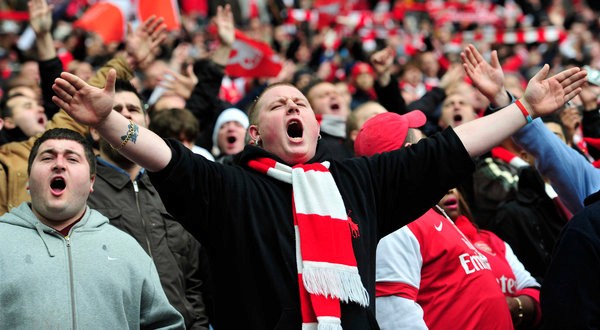
Untapped Revenue in Social
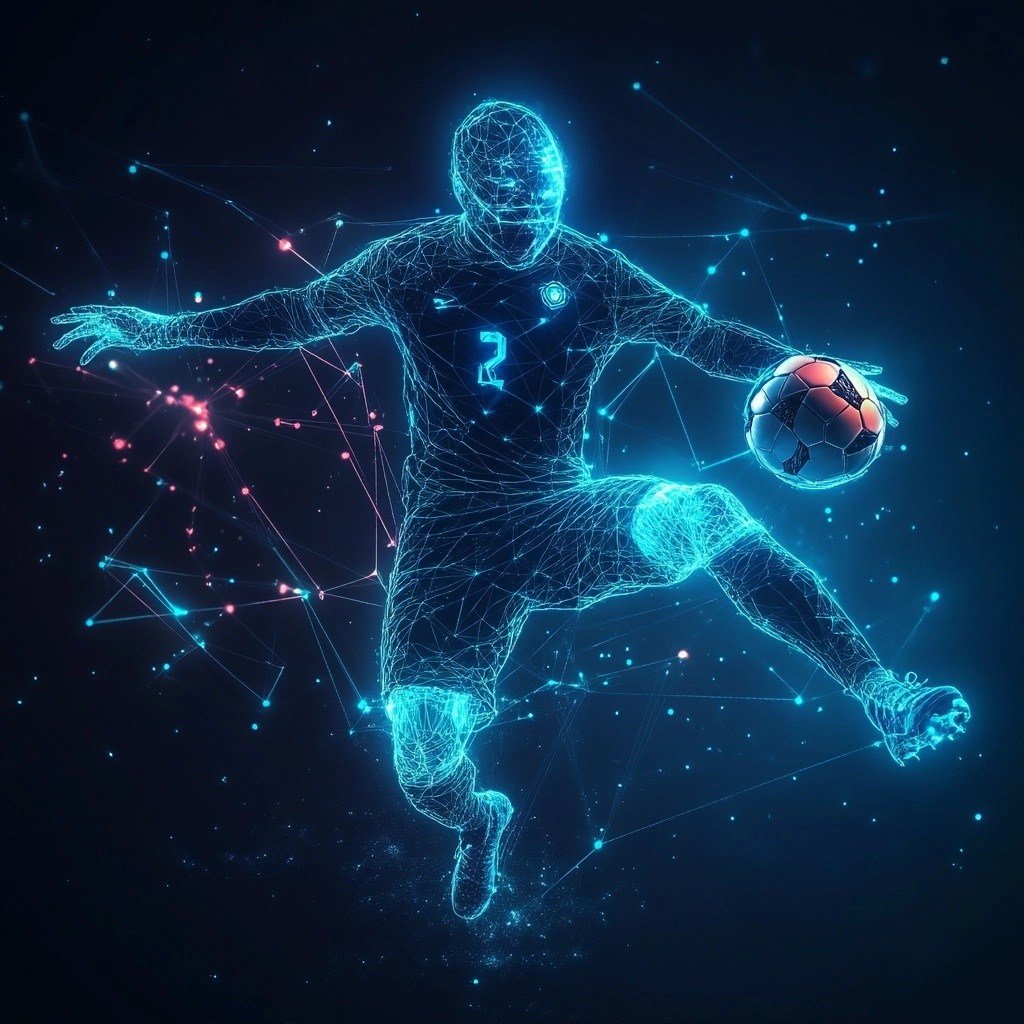
AI & Sports Marketing
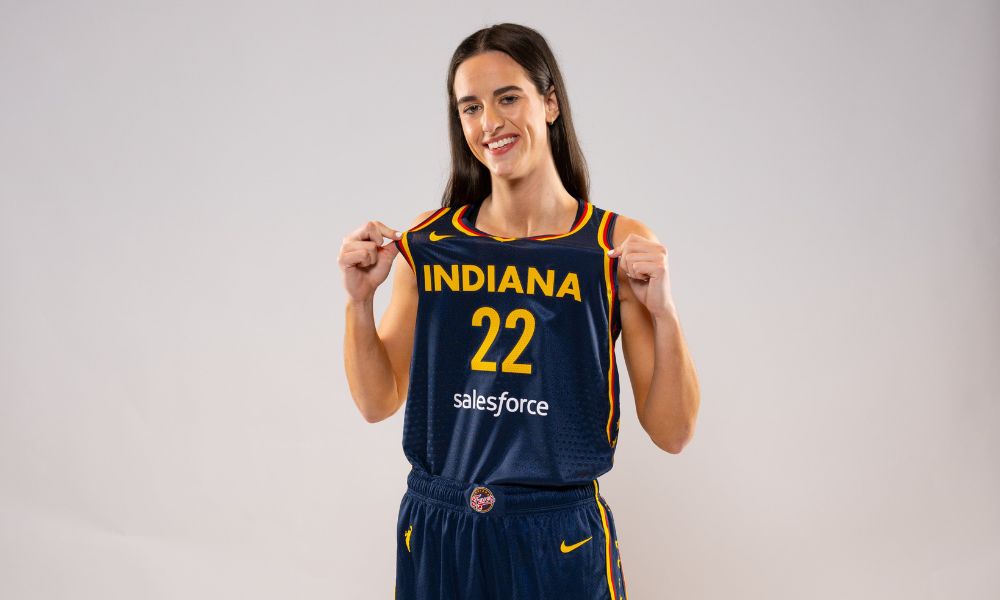
Who Invested in Women’s Sports

2024: Top 10 Sponsorship Deals
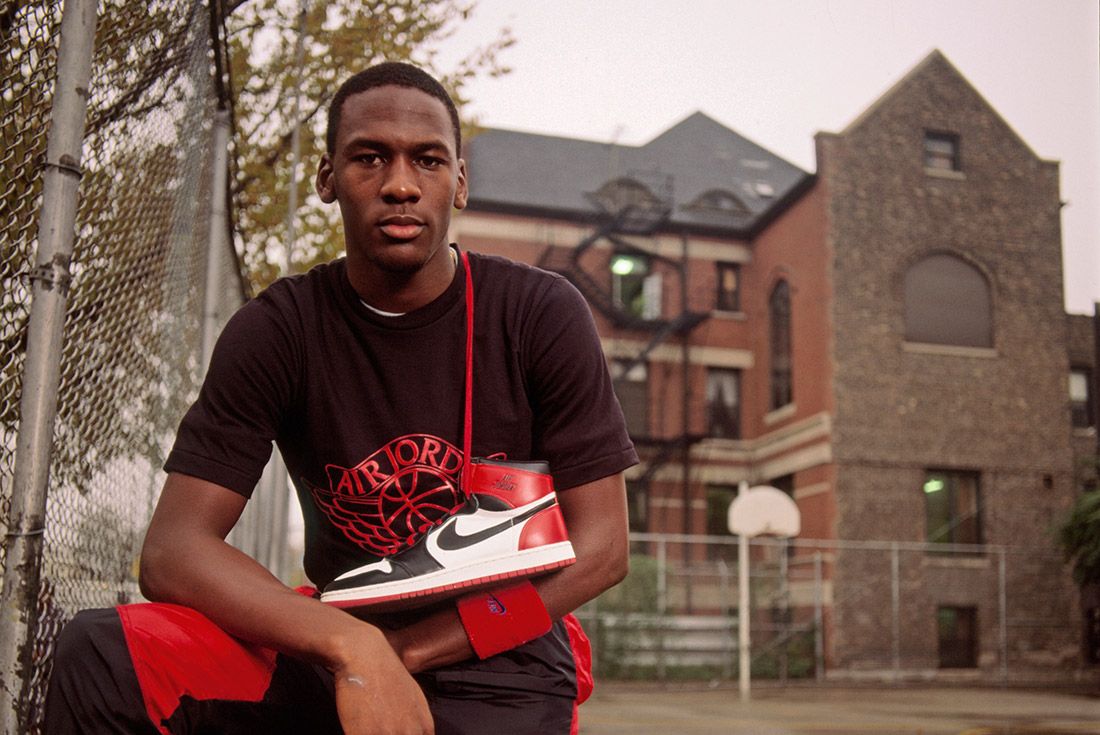
Sponsor Beyond Logo Placements
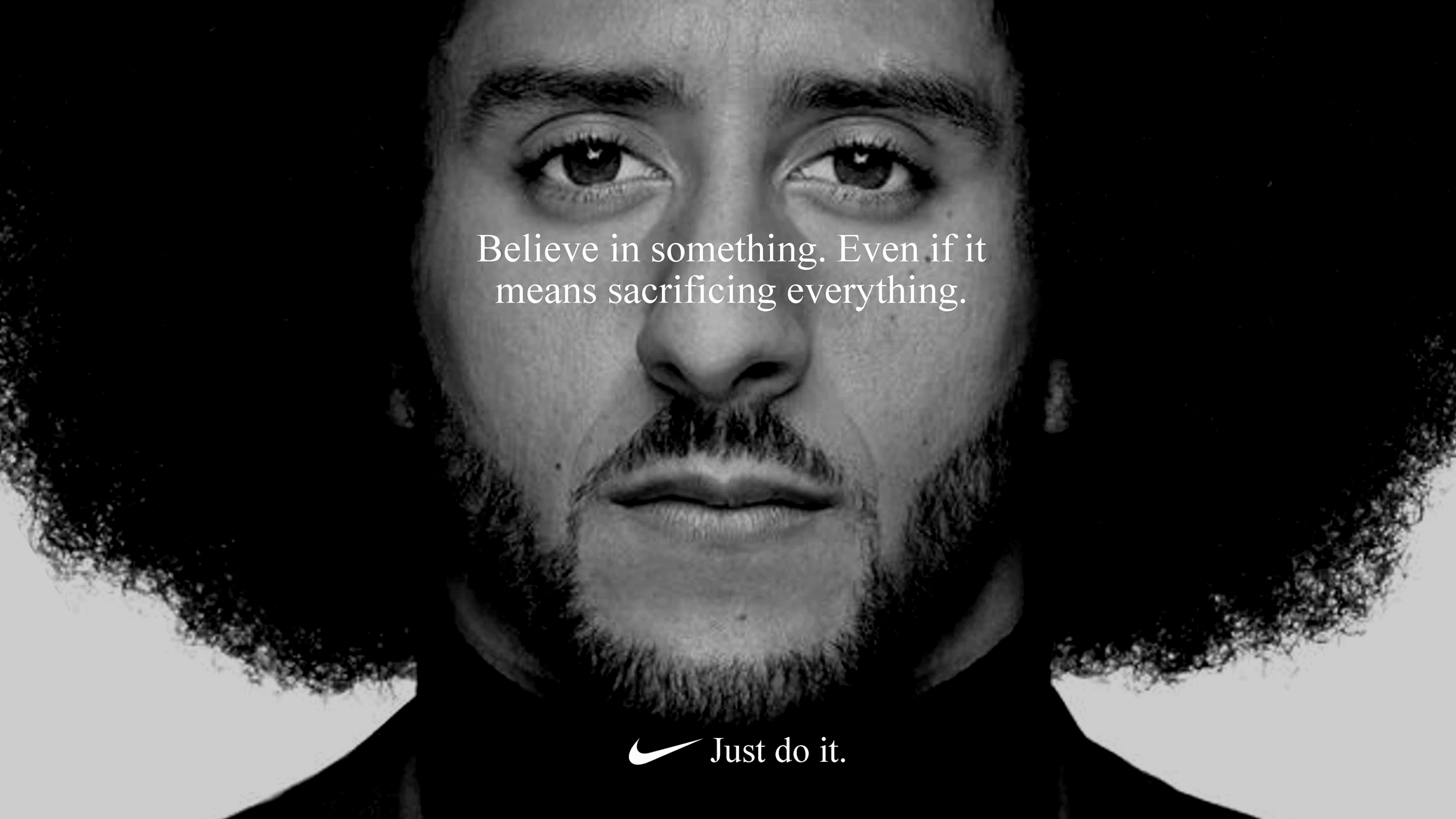
Purpose-Driven Campaigns
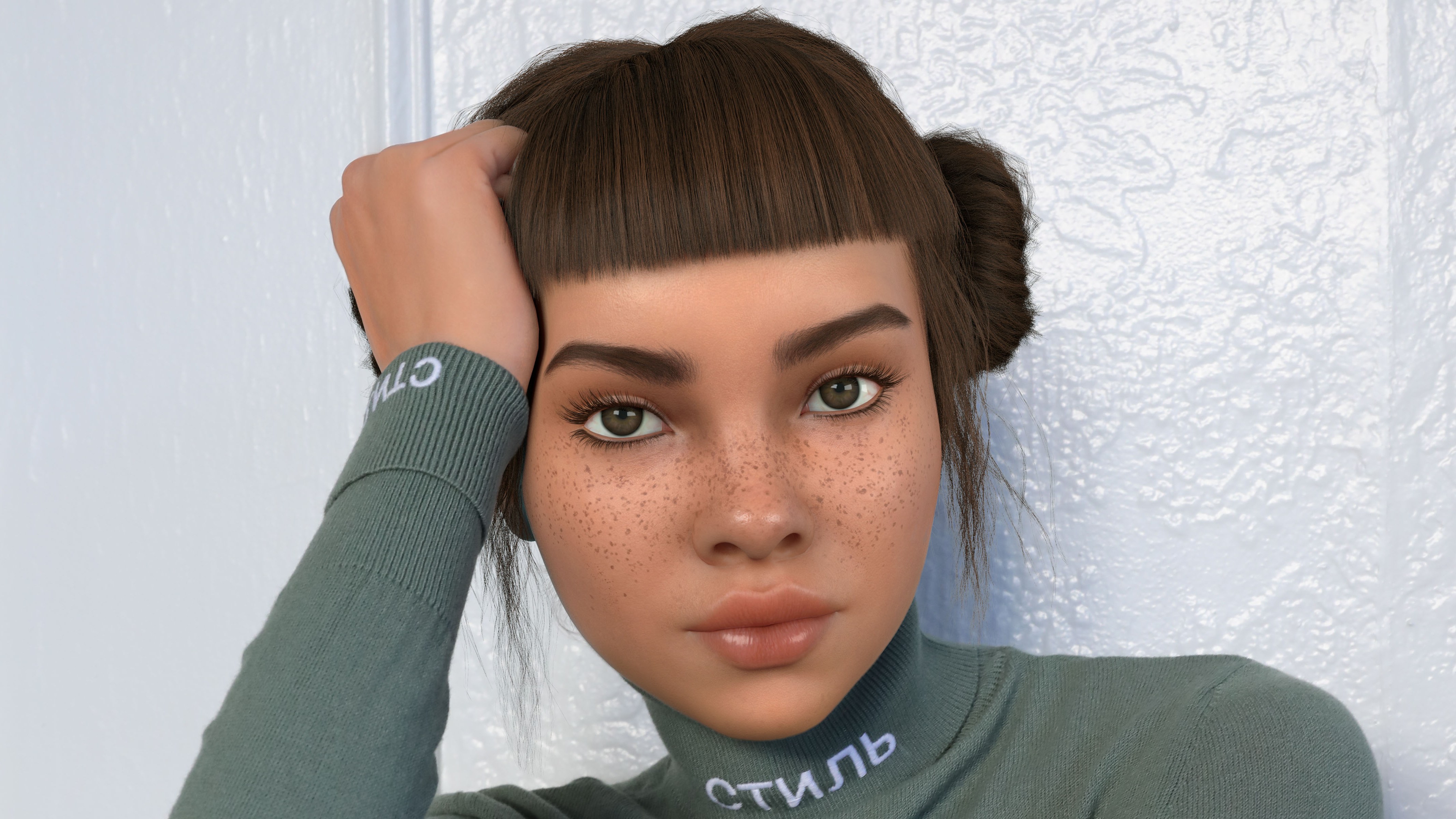
AI Model Influencers
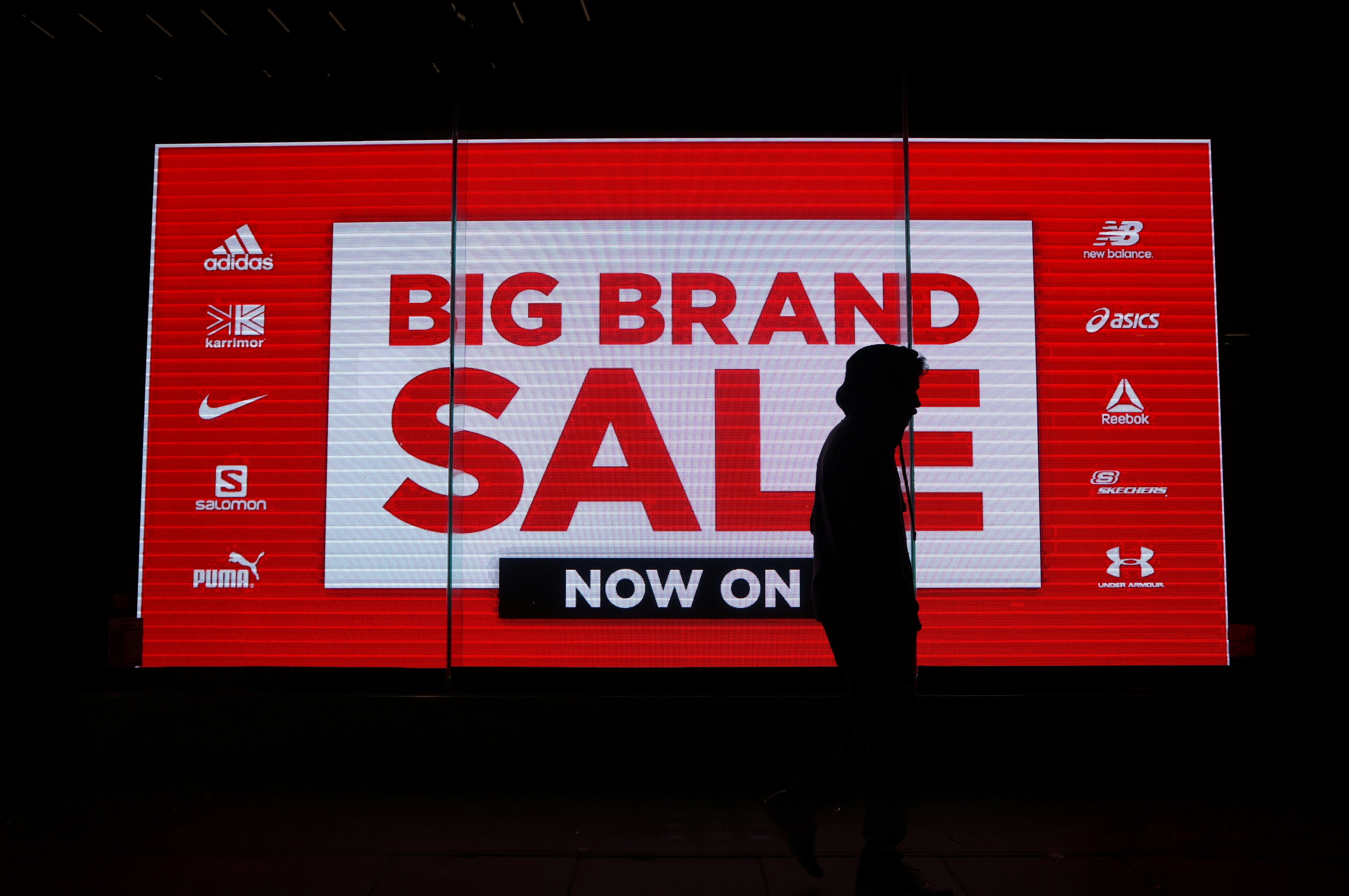
Social Commerce in Marketing
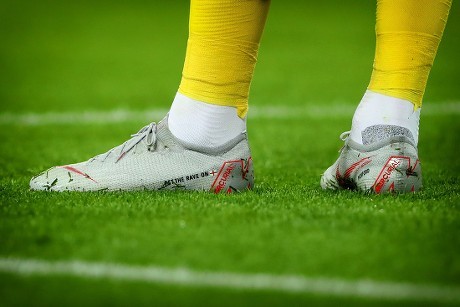
Hyper-Personal Sport Marketing
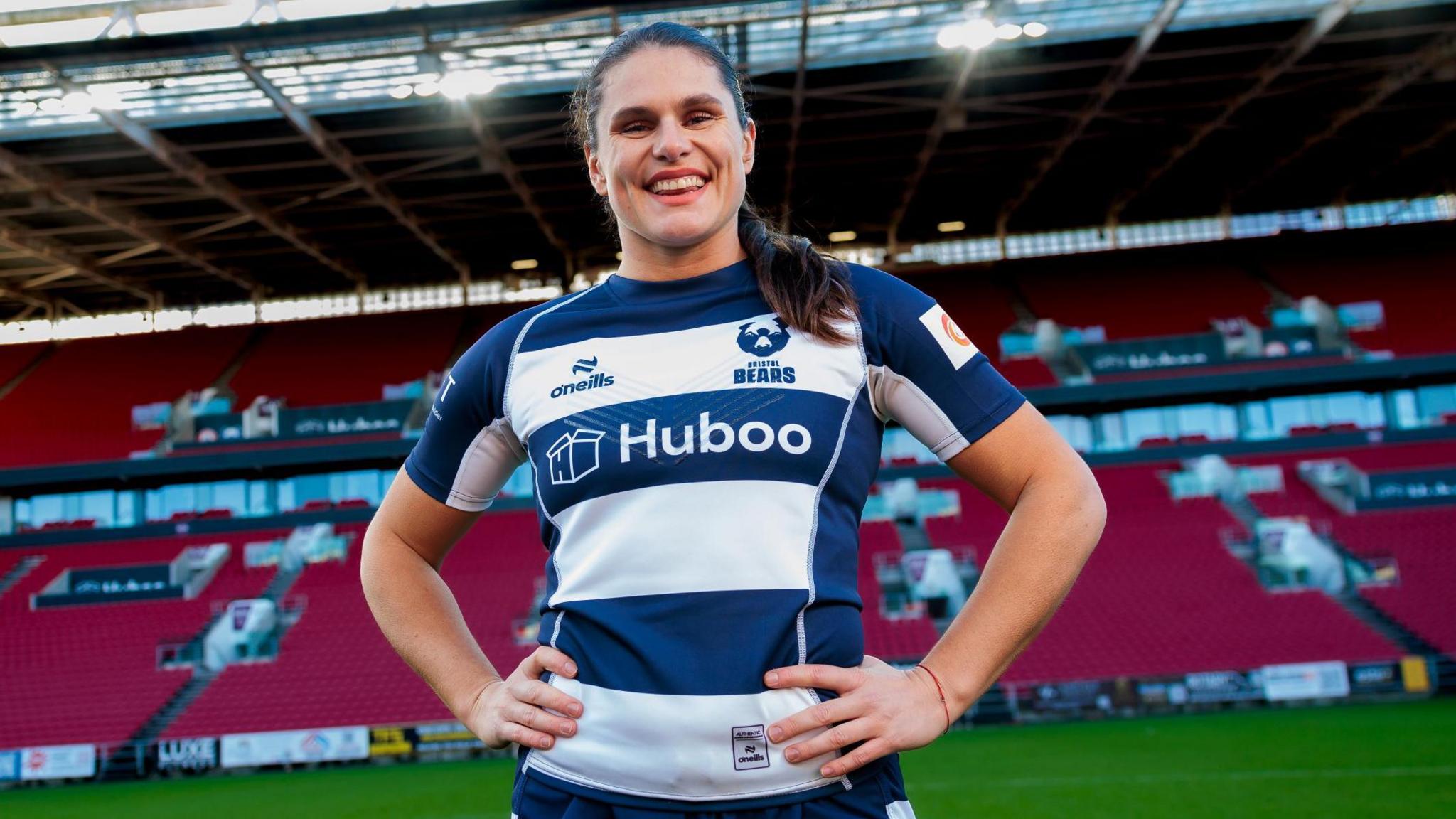
Stats in Womens Sport

Teams can get more from social

Creating good strategy

Why Relationships Matter
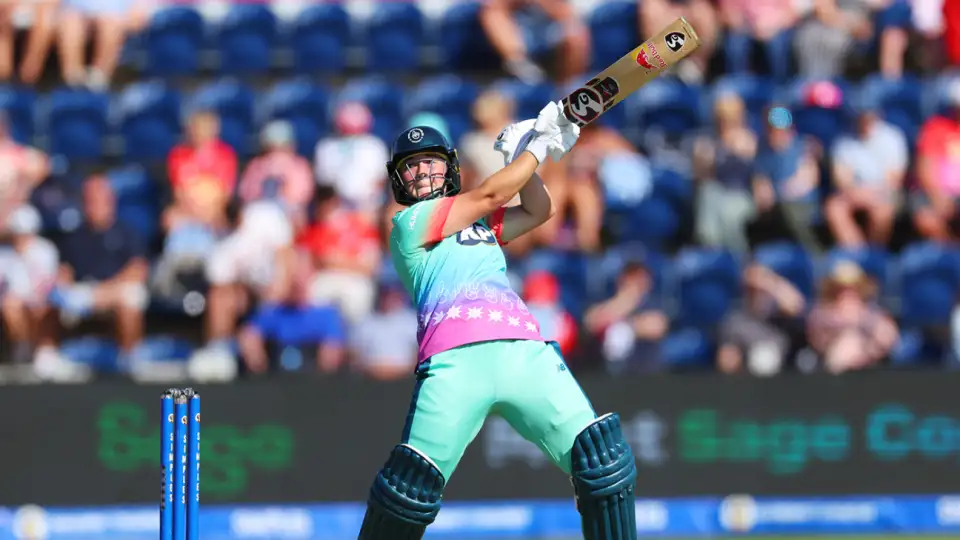
The Rise of Women’s Sports
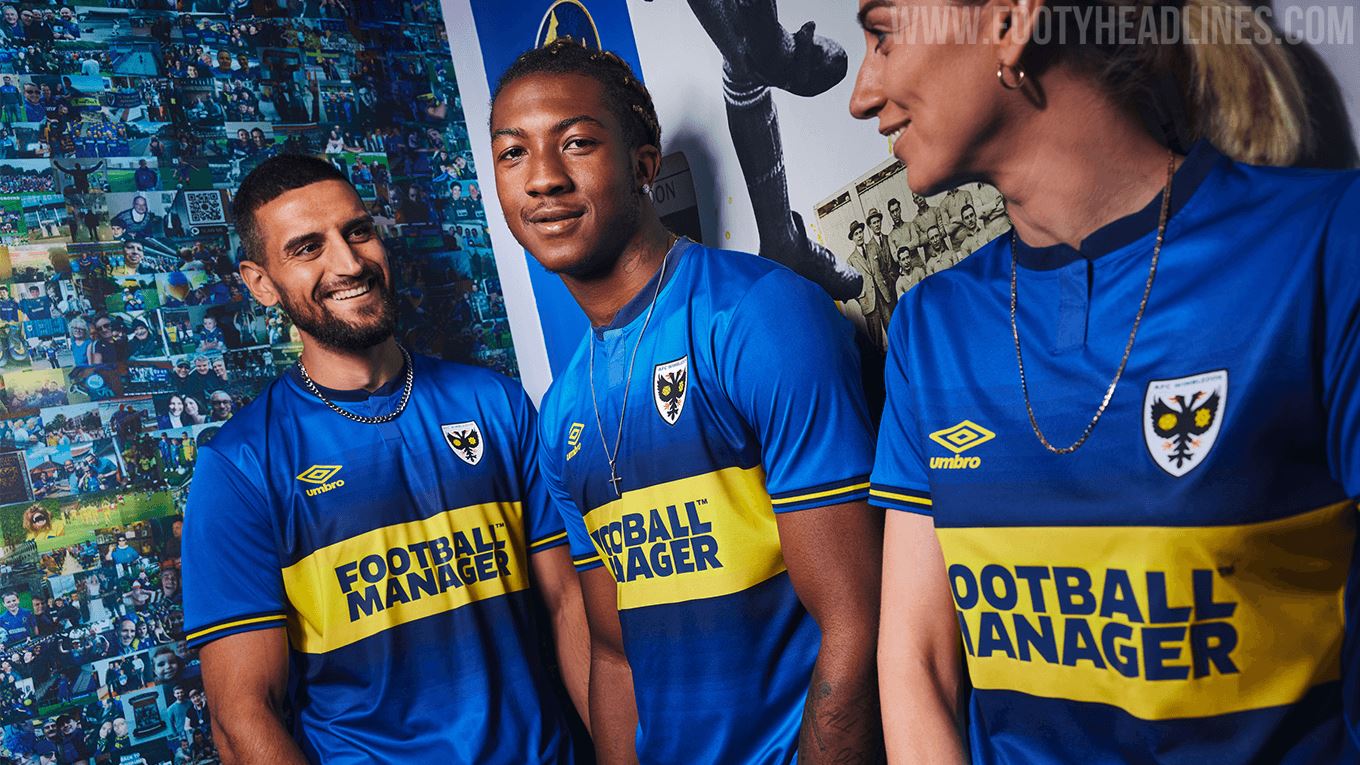
Strategise Your Kit Launch
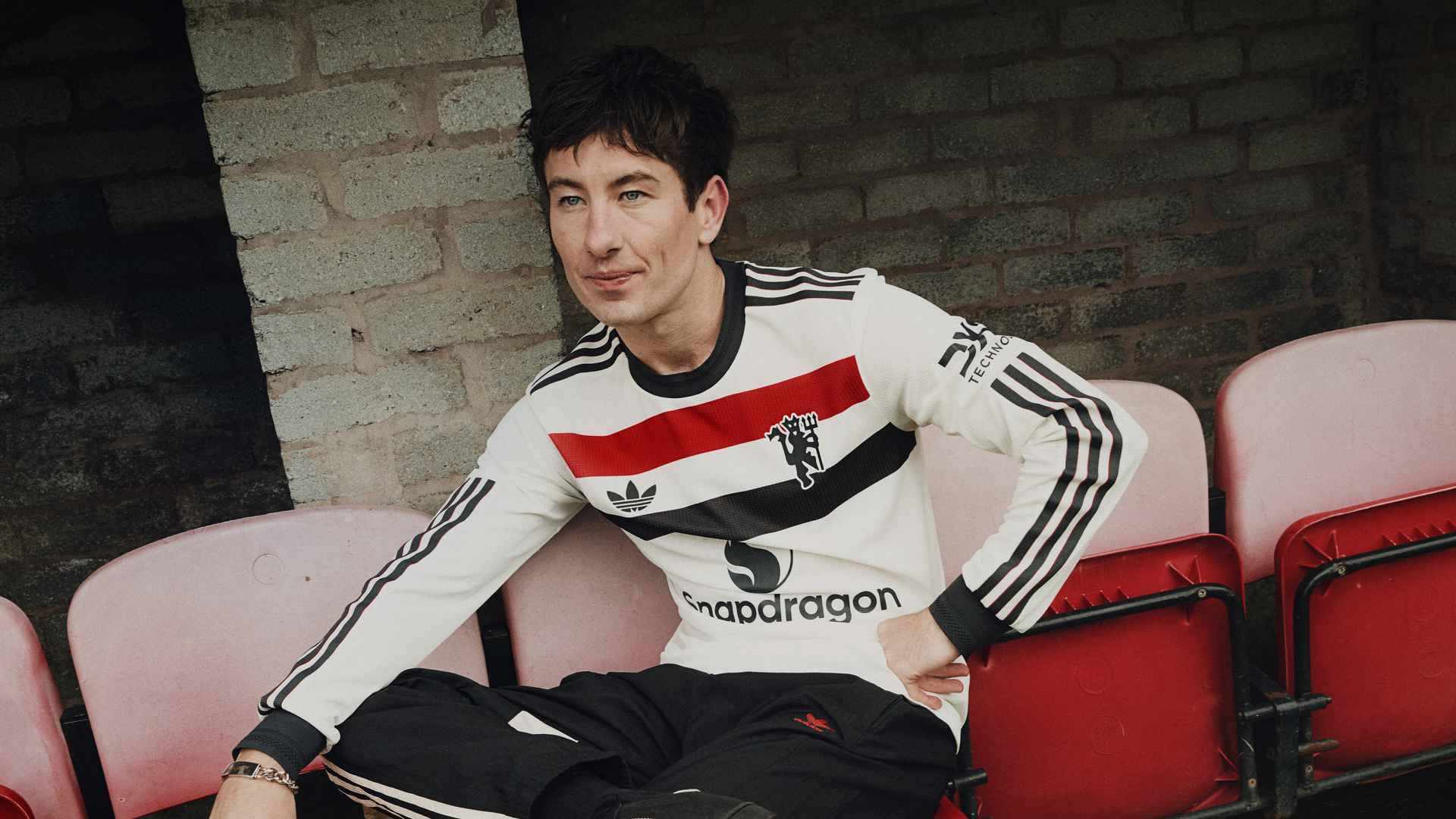
Key 2024/25 Kit Launch Trends
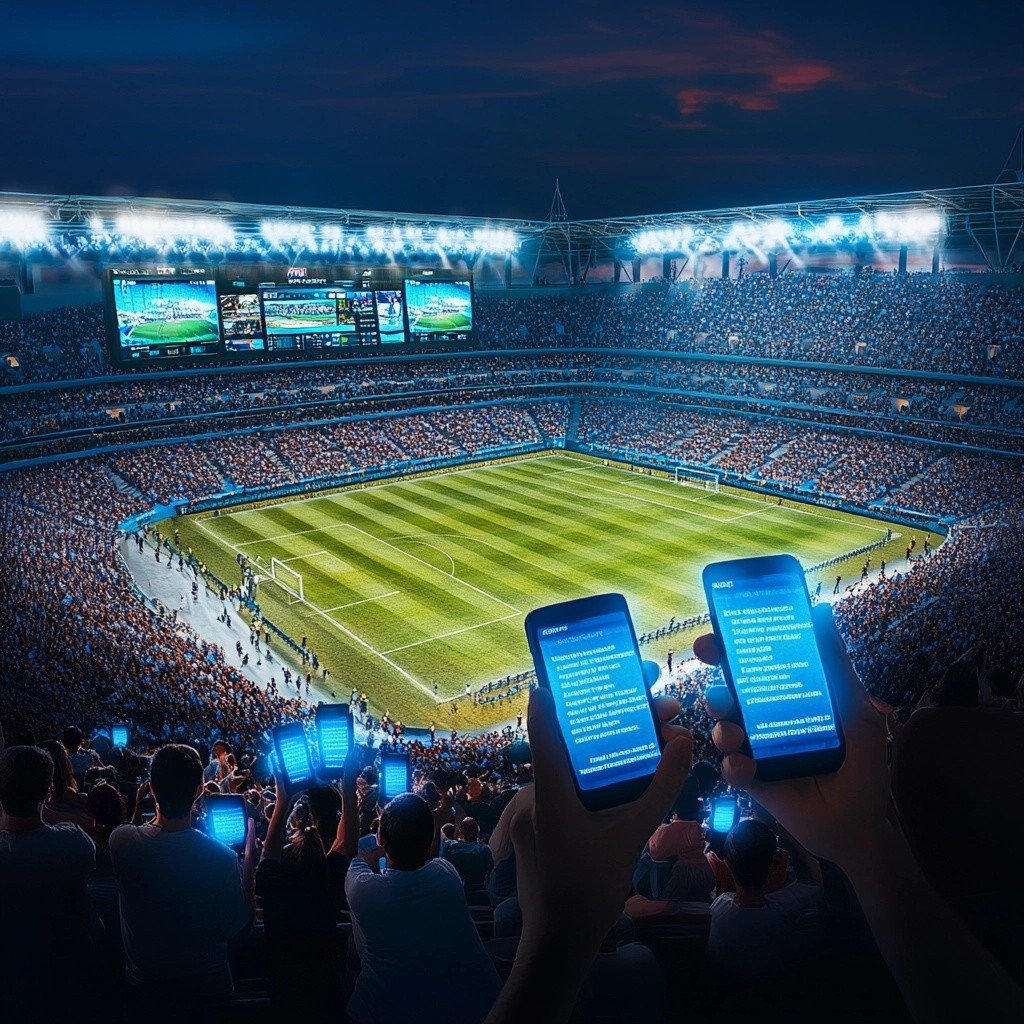
Why teams need sports agencies
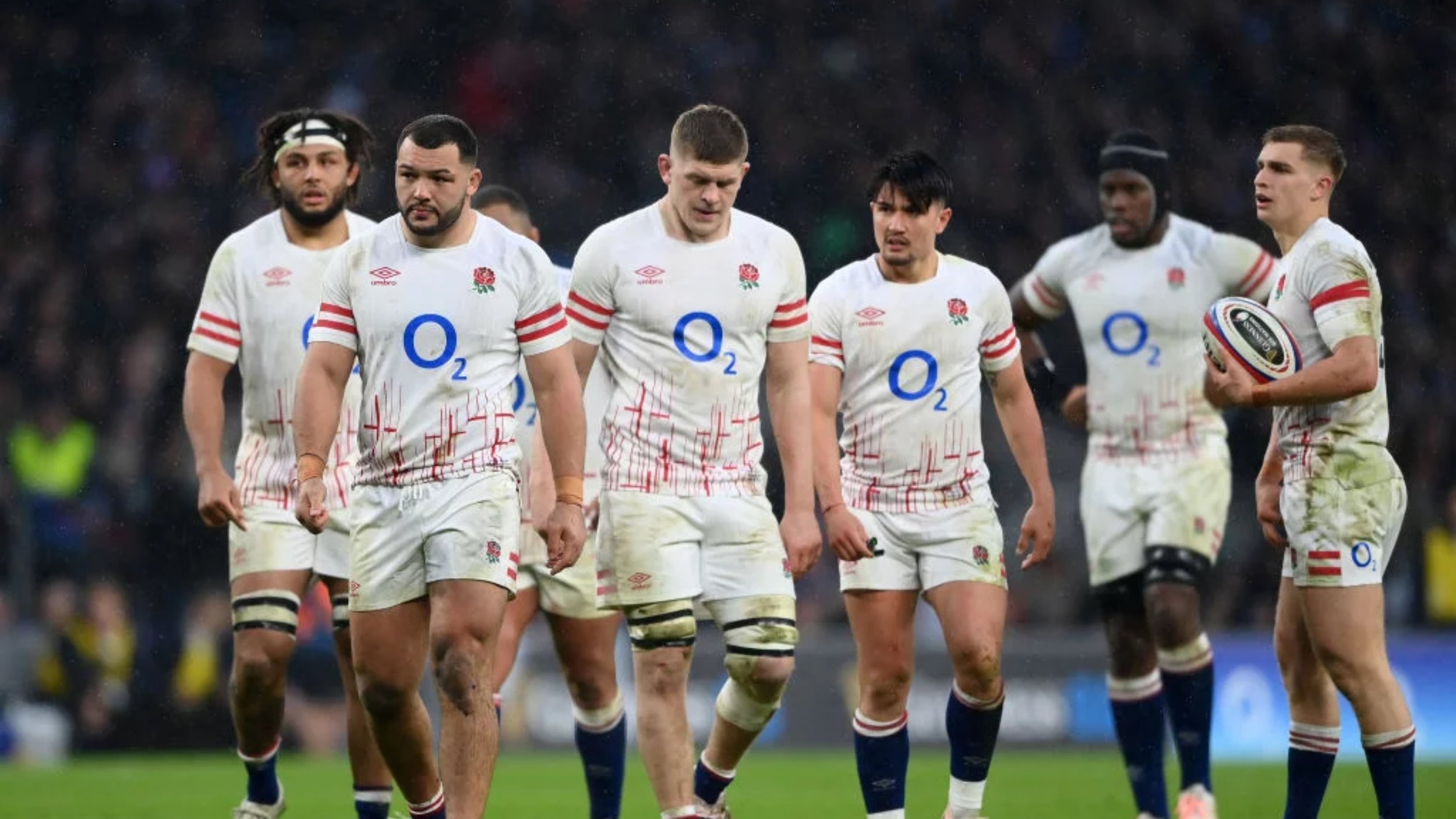
How does Rugby change?